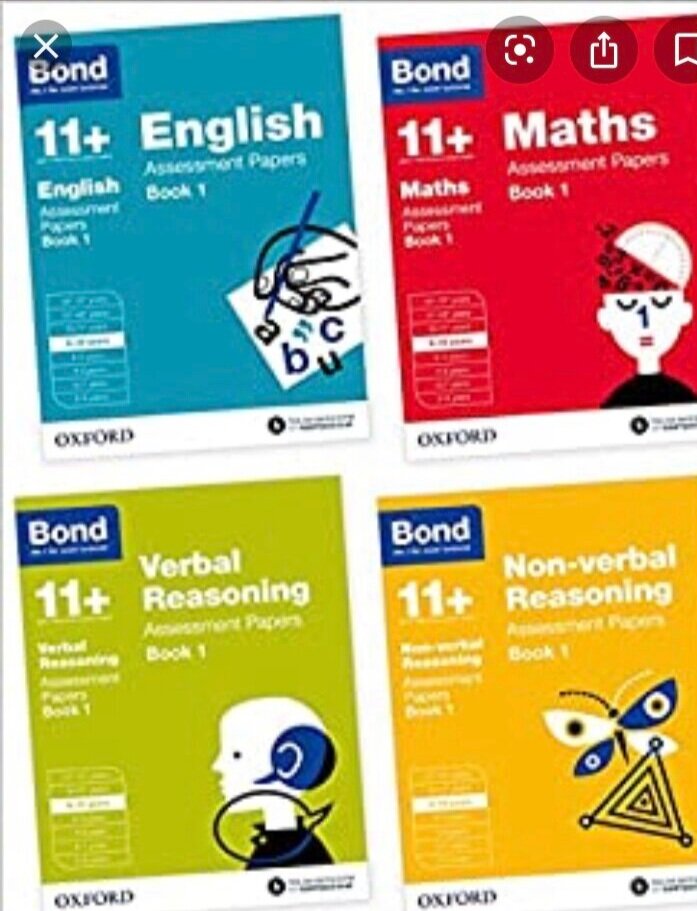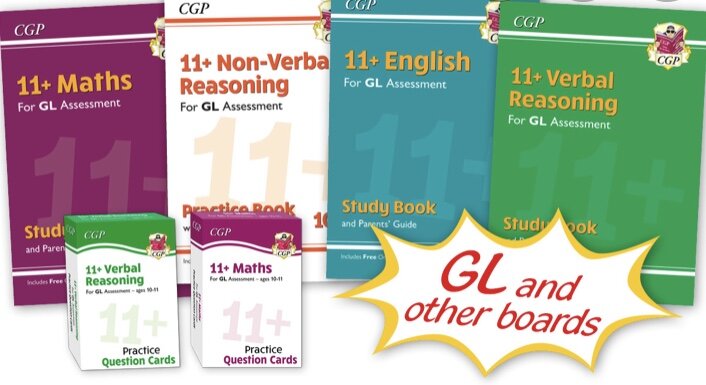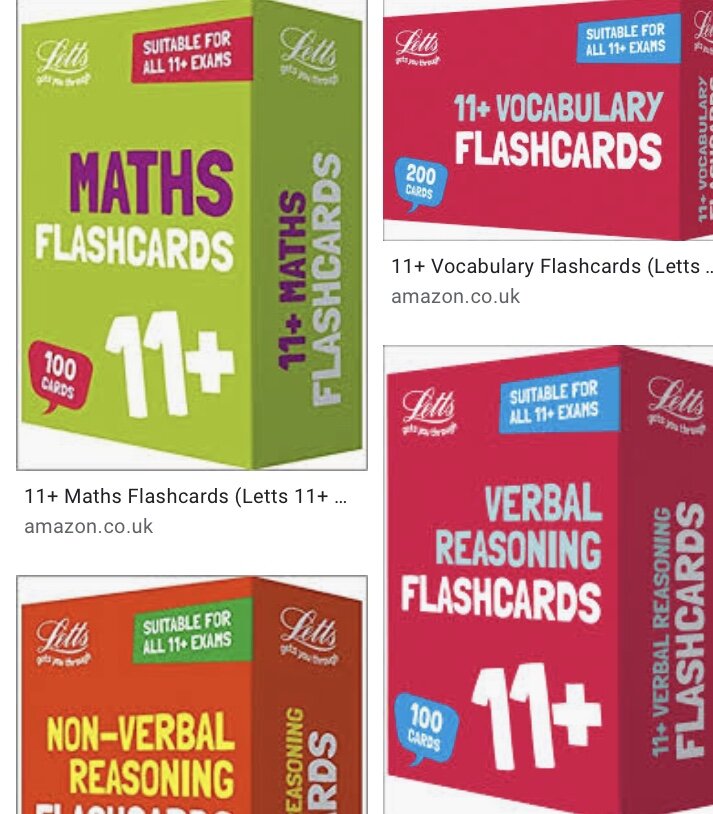Is homeschooling really worthwhile?
Is it suitable for your child?
Does homeschooling enable children to flourish or is it detrimental to their learning?
These are just some of the questions that might be racing through your mind when deciding whether or not to homeschool your child. With the constant changes that have occurred over the past 18 months (thanks to Covid-19 and its plethora of variants), many parents are considering alternatives to traditional schooling and these include hybrid schools, virtual schools and of course, traditional homeschooling.
In terms of the benefits of homeschooling your child, convenience is one of the main factors that appeals to contemporary parents. The idea of not having to wake your children up at 7 every morning and bundle them off to school with umpteen numbers of instructions, and wait with an anxious heart till they return, makes it an appealing option. After all, who doesn’t like a simpler and more straightforward way of life?
Another significant benefit of homeschooling is that it gives you more control over the influences that affect your child. In essence, the growth and development of your child is removed from the realm of the unknown. Thus, you, and you alone can decide what your child needs to do or learn which enables you to tailor their curriculum to suit the needs and interests of the child. For many parents, this is one of the most crucial benefits of homeschooling.
Another salient advantage of homeschooling is the increased level of individual attention and personalised learning. For instance, if Lisa needs more time to learn mathematics, then more time can be dedicated to this subject in comparison to others such as English.
Evidently, there are no fixed hours of learning or fixed hours per subject so time allocation is more fluid. This means that a child has the advantage of assigning a greater number of hours to the subject that seems more challenging or complex without feeling any additional pressure. The amount of time needed to learn each subject will of course depend on the abilities and interests of the child.
Homeschooling can also be advantageous because it enables the learning of the child to become an extended family activity. Naturally, parents or caregivers are more involved in every step of the learning process. Activities such as trips, excursions and experiments, become family activities that everyone within the household can partake in. This can include aunts, uncles, grandparents and other extended family members and relatives. Subsequently, the child receives greater quality time with his or her parents as well as other caregivers. The entire family has the opportunity to partake in educational games, chores and projects.
One example of this that springs to mind is from a former tutee of mine who was completing a project on animals. Her whole family were able to get involved in the project which resulted in her busy parents taking time to research and learn new scientific concepts and information that they would otherwise not have thought about. One of the benefits of homeschooling is therefore family closeness and bonding. Seeing first-hand how her project brought the family together was particularly heartwarming for me as a tutor and inspired me to consider the benefits of homeschooling at a deeper level.
Another benefit of virtual school or homeschooling is that competition is limited. In other words, your child does not need to prove his ability or consider it in comparison to other children. His or her confidence therefore remains intact. Since parents have a deep understanding of their child, they can plan the learning programme to pique their child's interest. It is also possible to
intersperse difficult tasks with fun activities. For example, a tough hour with algebra can be followed by a trip to the local history museum. Parents can therefore adapt learning in order to accommodate their child’s needs, learning style and temperament. Some children learn through reading, while others need to write, and still others need to see objects in action.
For religious parents, homeschooling allows parents to take control over the moral and religious education of the child. Such parents have the flexibility to incorporate their own beliefs and ideologies into the child's academic curriculum. In such instances, there is no confusion in the child's mind because there is no variation between what is being taught and what is being followed at home.
Finally, a greater number of parents are becoming disillusioned with the state school system. Some believe that their children are being pushed too hard whilst others feel their child is not being encouraged or challenged at all. Other worrying issues pertaining to discipline and ethics also make the state school system less appealing. A growing number of parents repudiate the educational philosophy of grouping children solely on the basis of their age. Some themselves have unhappy memories of their own school experience that motivates them to opt for homeschooling as an alternative form of education.
For parents that choose the homeschooling route, they often perceive it to be the best way to teach their child and give them the support that they need in order to meet or surpass their academic goals.








